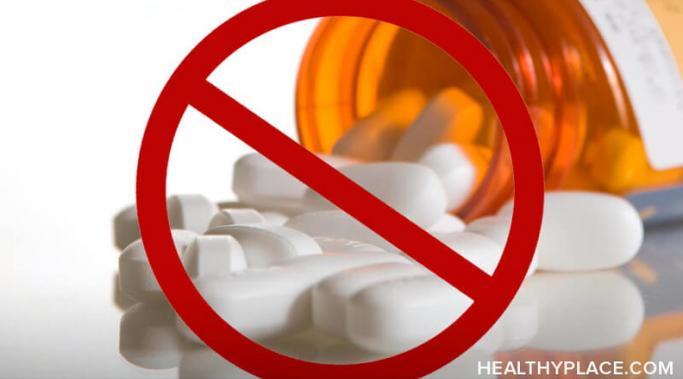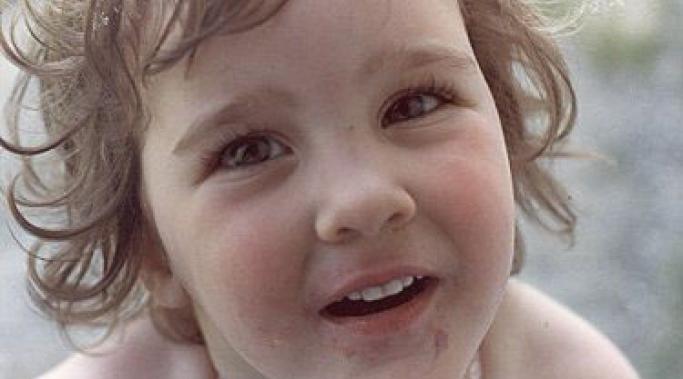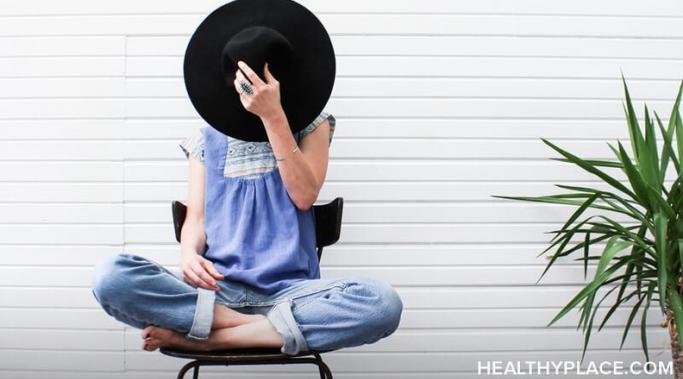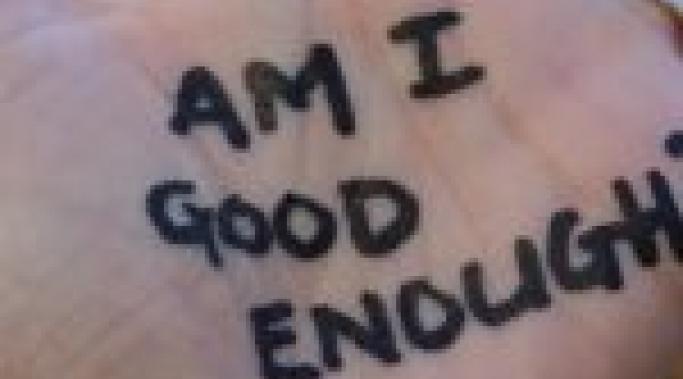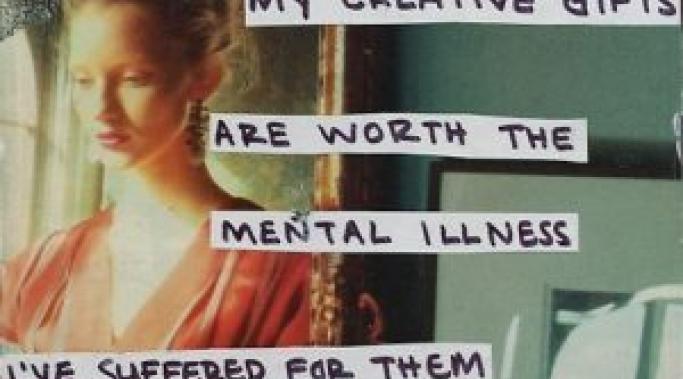I feel a lot of trepidation writing this article because it is based on such a controversial topic -- medication and stigma, or what I fondly refer to as med-igma. The stigma of taking mental health medication is something many of us know all too well. Hiding the fact that we take medications, feeling ashamed and fearful that other people will find out, and the internal med-igma that taunts us as we fill yet another glass of water to swallow our daily dose of prescribed medications.
Impact of Stigma
Having a mental illness brings a world of new perspectives, life experiences, and a change in reality forever. How does one survive the everyday, when it feels at every turn you are hit over the head by a new challenge facing mental illness stigma? It is never easy to deal with a mental health issue and it is equally as difficult to manage with the everyday annoyances, put downs, negative media reports, and a world that is just plain stigmatized.
Stigma is often something that we perceive as being out there in society, but, actually, it too is rampant, and a reality, in the lives of many families. When a family member is diagnosed with a mental illness, the fear often sets in and they panic wondering, “How am I going to tell my family?” One may assume that a family is assured to be empathetic, understanding and accepting, but this is not always the case.
As many walk by the people that inhabit the streets as a home, many of us consider that because someone is homeless that they must have a mental illness. I teach in the classrooms that this is not the case, but, ironically, it is the situation a lot of the time. As we are approached by people begging for change, wearing no pants, or screaming relentlessly in the streets, we are often correct in assuming that these individuals have significant mental health challenges.
People often ask me what is mental health stigma anyway? I make it simple. Stigma is the widespread perception about people who have a mental illness. Stigma says "those people" are scary, violent or crazy. It is these terms that shed a negative light on people with a mental illness simply because they have a disorder. It is outright discrimination, it is a lack of knowledge, and a clear indication that a great number of people who believe this are severely ignorant and misinformed. Self-stigmatization is that same thing, only the mental health stigma comes from within.
Do you ever feel as if you're not good enough?
Do you ever wake up at night and think, If others really knew me...
Do you ever walk around looking at others, knowing they are better/smarter/more beautiful than you?
Yes.
"I feel like I have AIDS man! Everybody's scared of me!"
I recently heard these powerful words from a client who struggles with adult Attention Deficit Hyperactivity Disorder (ADHD).
Imagine your 15 year old son or daughter is diagnosed with muscular sclerosis, cystic fibrosis or even cancer. Likely, your friends, family and community would drop everything to be by your side.
But if your child is diagnosed with schizophrenia, they might not appear until the funeral.
According to a recent study of 1.2 million people, the link between creativity and mental illness has been confirmed.
I have believed this to be the case since reading the eye-opening book by Dr. Kay Redfield Jameson ‘Touched with Fire: Manic Depressive Illness and the Artistic Temperament’ back in 1996 and am endlessly pleased that such a comprehensive study with a large sample size has found comparable results to her initial hypothesis.
Since the tragic suicide of Canadian teen Amanda Todd, and so many others before her, I have been pondering ways in which we as a society can help the teens of today who are victims of cyber-bullying.
I was bullied in elementary school and high school. But when I got off the bus at the end of the day, my bullies didn’t follow me into my bedroom. They weren’t able to access me 24-hours a day through Facebook and other social media outlets. Sure, it affected me greatly, but I at least was able to escape.
